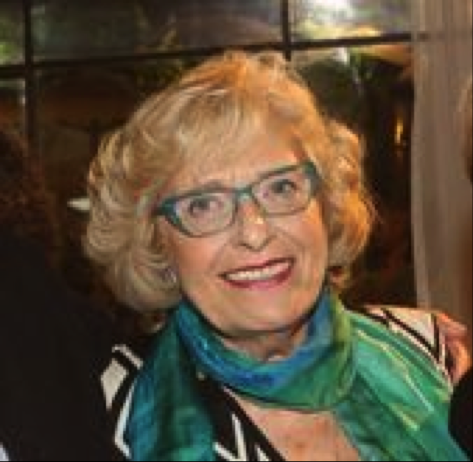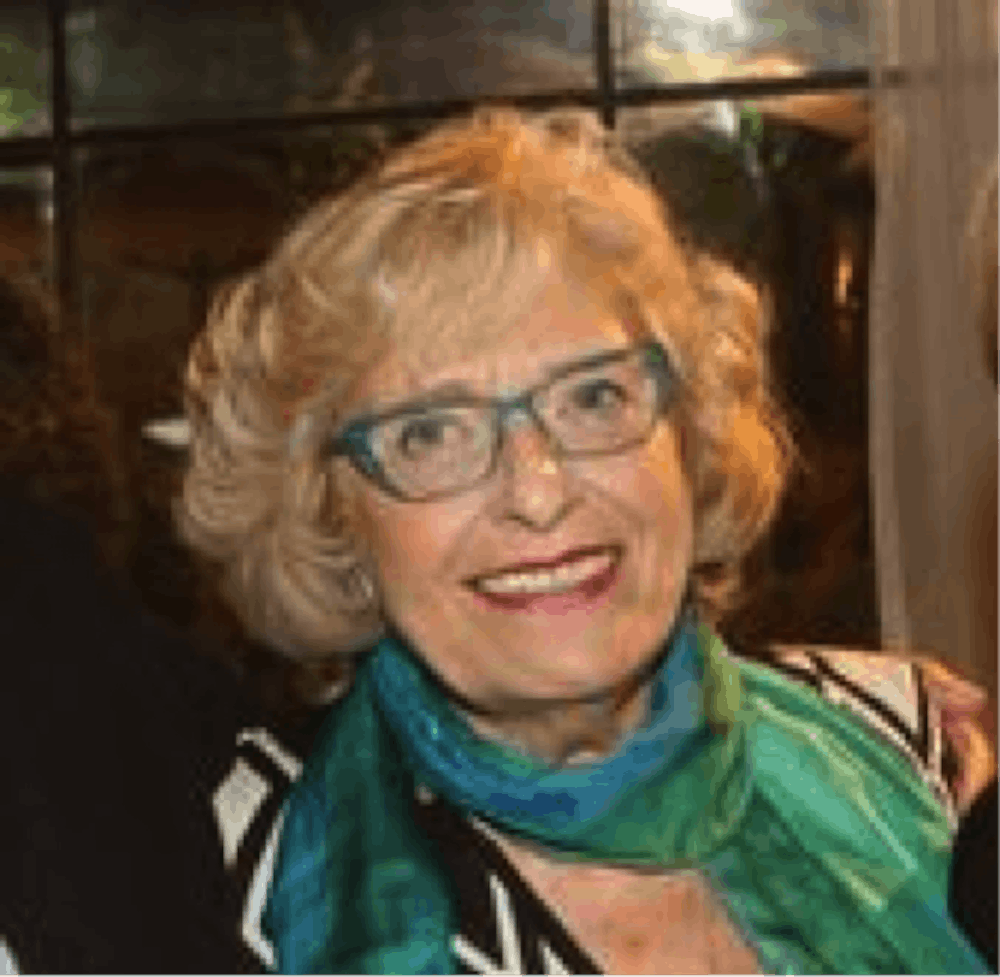What: "The Story of a Phoenix": Holocaust survivor Martha Raviv
When: Tuesday, April 14; 4 p.m.
Where: Art and Journalism Building room 175
 |
|---|
Modern-day knowledge of the Holocaust comes from books or history classes, but Holocaust survivor Martha Raviv’s knowledge comes from experience.
On April 14, Raviv will be in Art and Journalism Building room 175 to share her story with students.
Raviv, originally from Austria, spent three months in Bergen-Belsen concentration camp with her mother. Her father died in Buchenwald concentration camp, almost 185 miles away from the concentration camp that held the rest of his family.
Ball State’s Jewish Studies program and other university organizations including the Office of the Provost, Honors College and the Center for Peace and Conflict Studies organized the event as part of the annual Yom Hashoa or Holocaust Remembrance Day.
Francine Friedman, the director of the Jewish Studies Program, said the program has been responsible for Ball State’s Yom Hashoa commemoration for two decades.
Friedman stressed the weight of the commemoration and Ball State’s part in its observance.
“We bring to campus survivors of the Holocaust to tell their first-hand stories and also to show how valuable their lives have been and what would have been lost had they been murdered along with the six million Jews who lost their lives to the Nazis and other fascists during World War II,” she said.
Brent Blackwell, an assistant professor of English, chose the Holocaust as his field of specialization after seeing a survivor speak while he was a graduate student. At Ball State, he has taught classes including Introduction to the Holocaust and Introduction to Jewish Studies.
Blackwell praises the awareness of diversity students will take away from the event as well as the emotional benefits, but he also said an event like this may not be possible in the near future.
“Survivors will be gone in the next 10 years. When the last survivor passes, students will miss out on the opportunity for them to feel a direct connection to this event,” he said. “From that point on, the holocaust will cease being a contemporary event with actual participants, and will just become ‘history’”.
There’s a danger to losing the perspective of a Holocaust survivor.
“Several generations have passed since the Holocaust, and we are in danger of forgetting how inhumane people can be when subjected to hate propaganda,” said Friedman. “Students, faculty and others must be reminded what can happen if we relax our vigilance against hate speech and actions.”
Raviv hasn’t stopped using her Holocaust experience for good. She lives in Israel where she is a practicing attorney and a spokesperson for a group of Austrian survivors who are calling for their home country to compensate Holocaust survivors and their descendants for stolen Jewish property. The Austrian government has repaid the survivors, but with only a fraction of what is estimated to be owed to them.
Blackwell hopes that students walk away from the event with a sense of compassion.
“The kind of compassion and empathy that burns away bigotry and hatred, segregation and fear,” he said.
|
What: "The Story of a Phoenix:" Holocaust survivor Martha Raviv When: Tuesday, April 14; 4 p.m. Where: Art and Journalism Building room 175 |





